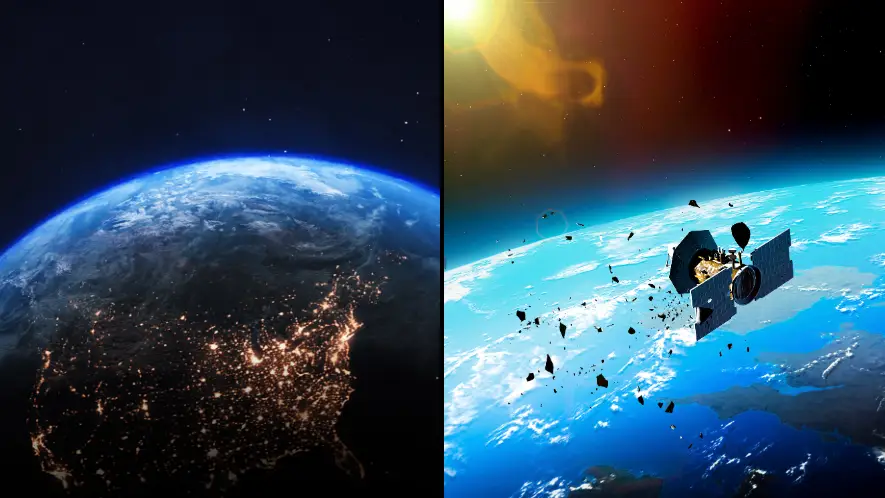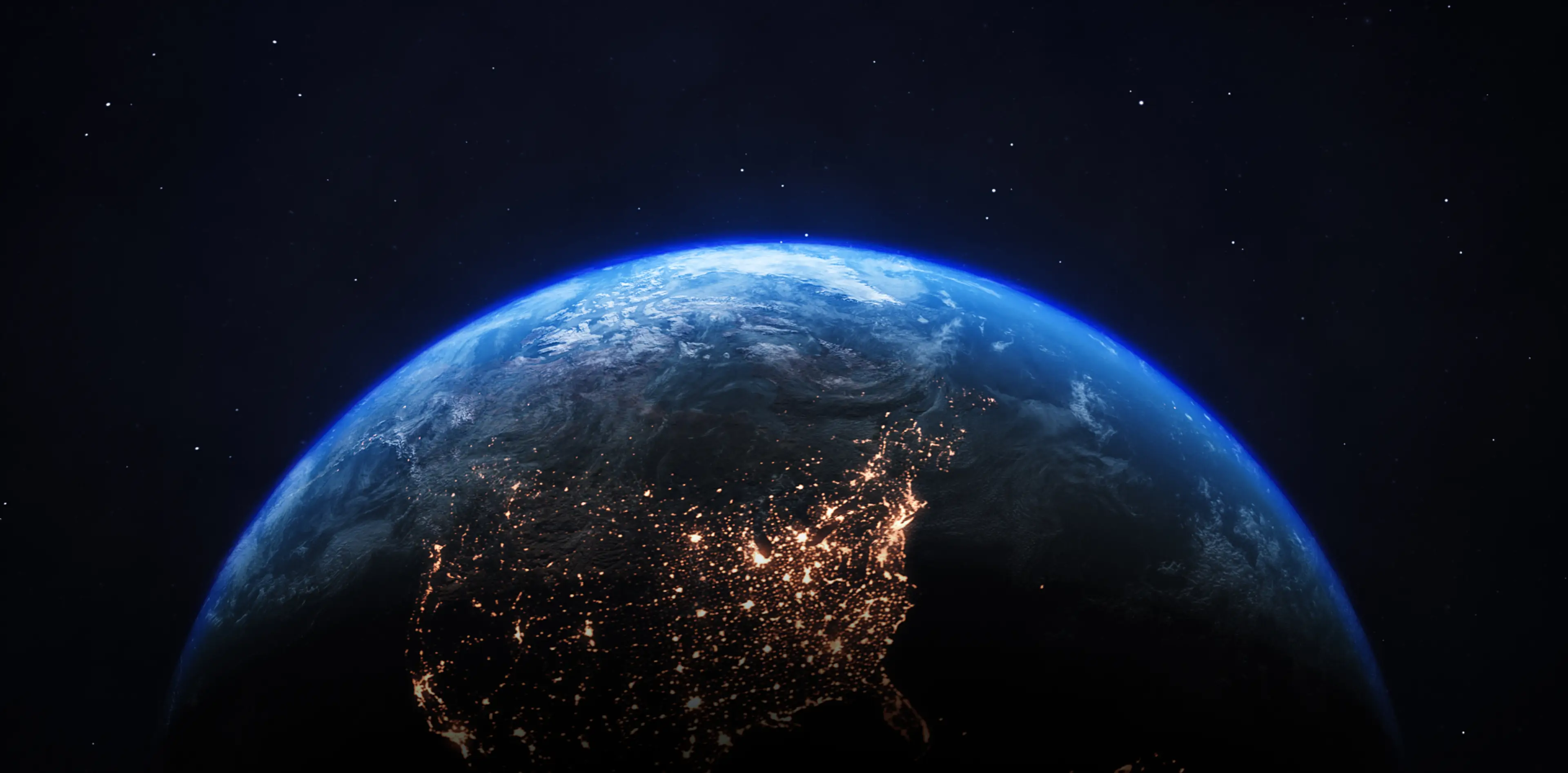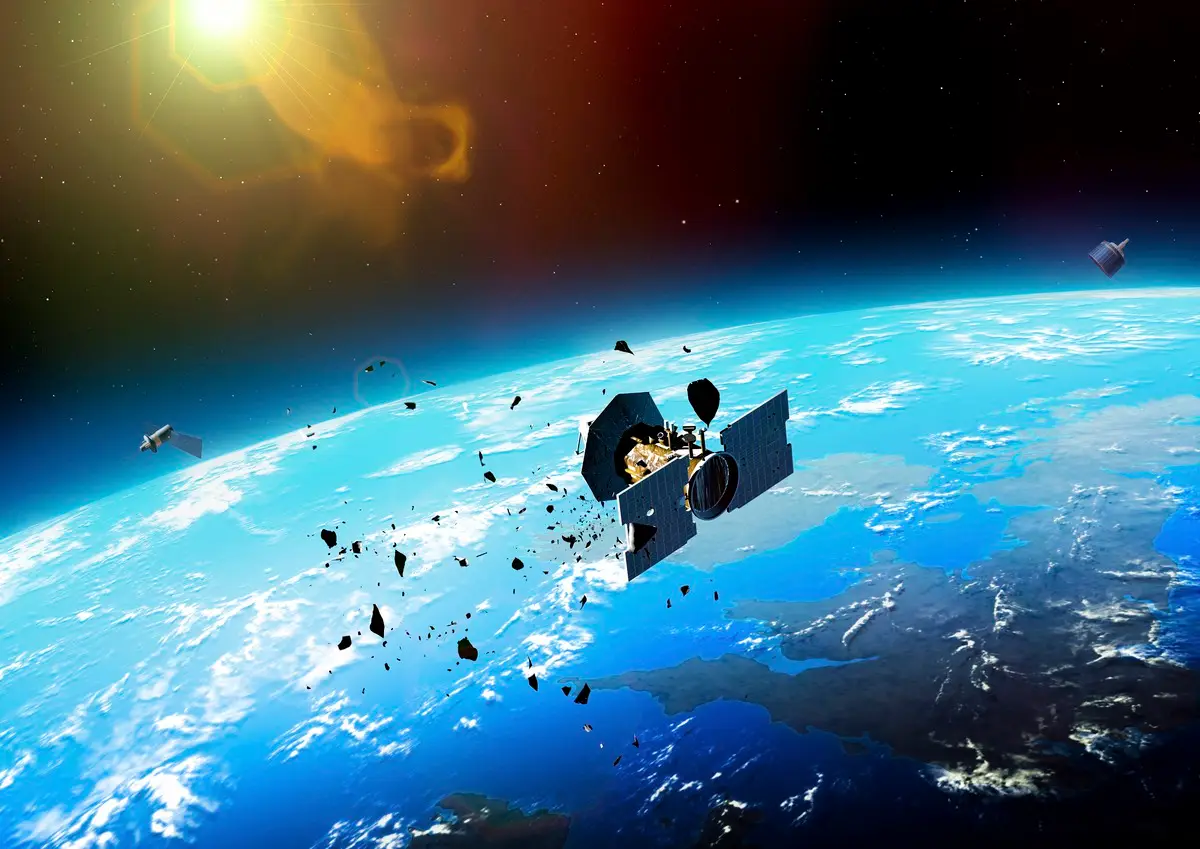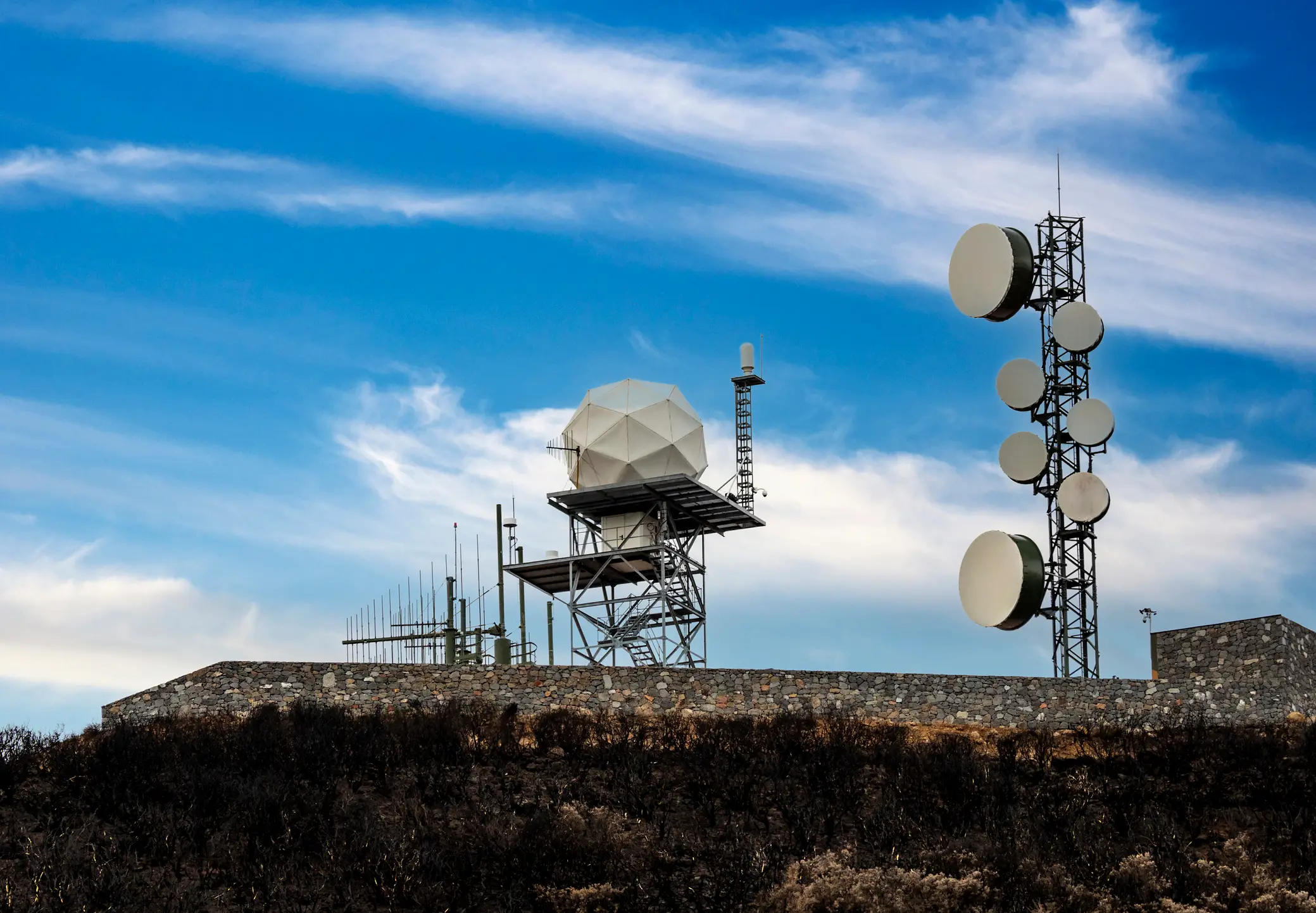
Kessler syndrome is a phenomenon that's worrying not just the general public, but those in the scientific community too.
It's something that's coming to light after almost half a century of space exploration, though the theory itself was thought up by NASA scientists Donald Kessler and Burton Cour-Palais all the way back in 1978.
The experts figured out that if the human race kept sending satellites and other spacecraft up into orbit (which we have), then we would be in trouble as the risk of collision would increase, with it becoming progressively more crowded around our planet.
This, in a nutshell, is Kessler syndrome.
Advert

Why are scientists worried about Kessler syndrome?
NASA has explained: "Spent rockets, satellites and other space trash have accumulated in orbit increasing the likelihood of collision with other debris,
"Unfortunately, collisions create more debris creating a runaway chain reaction of collisions and more debris known as the Kessler Syndrome after the man who first proposed the issue, Donald Kessler."
A number of scientists think it is bound to happen at some point, as Kessler estimated that it would take 30 to 40 years from 1978 to reach 'critical mass', which is when collisions begin, even if no more objects are put into orbit.
There are over 10,000 satellites orbiting our planet as it stands, as well as more than 100 trillion pieces of old satellite making their way around the world, occasionally entering the atmosphere and burning up before hitting the surface.
Satellites have collided in the past already, such as a deactivated Russian satellite crashing into a US satellite in 2009.

How will this change modern society?
John L Crassidis, a professor of innovation and space debris at the University at Buffalo, New York, stated: "The Kessler syndrome is going to come true. If the probability of a collision is so great that we can’t put a satellite in space, then we’re in trouble."
NASA further explained: "Once collisional cascading begins, the risk to satellites and spacecraft increases until the orbit is no longer usable."
Essentially, if satellites and debris go into a chain reaction of collisions, life on Earth as we know it could end - abruptly.
If satellites get destroyed, massive internet, Wi-Fi and cellular service outages would take place, while TV and GPS would not longer function.
We wouldn't be able to track weather anymore either, which would impact a number of industries.
In their 2023 paper, titled Kessler’s syndrome: a challenge to humanity, Amrith Mariappan and John L. Crassidis explained: "Weather satellites play an important role in a variety of industries, including agriculture, fisheries, and transportation, by predicting and mitigating the effects of adverse weather conditions."

How impactful would losing weather satellites really be?
Mariappan and Crassidis further noted: "Remote sensing satellites, in turn, make significant contributions to resource exploration and monitoring of phenomena such as floods, droughts, soil moisture, wildfires, vegetation health, forest degradation, road infrastructure surveillance, etc.
"Remote sensing satellites are used in the military to capture high-resolution images of strategic locations, monitor enemy activities, and assess potential threats."
It doesn't just stop there, as healthcare would be impacted as medical devices would go offline as well.
The issue is if humans were to reach 'critical mass' in orbit, then it would too dangerous to send anything into space because of the chain reaction of Kessler syndrome and the sheer amount of debris flying around at immense speed around our planet.
We would have to go back to our ancestral basics.
Topics: Space, Science, Technology, World News, NASA, Environment